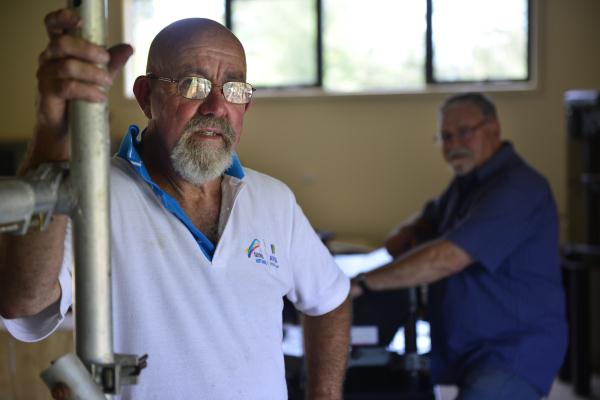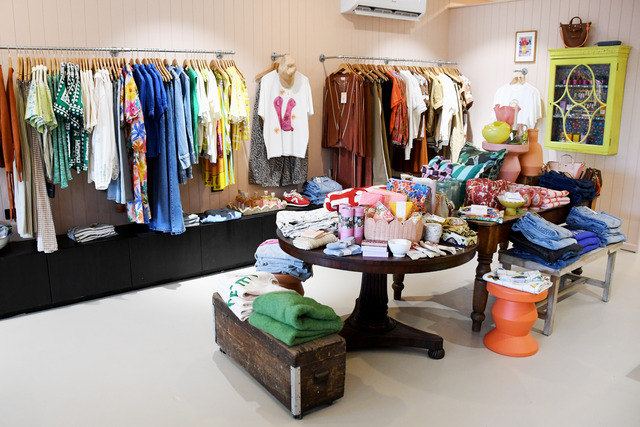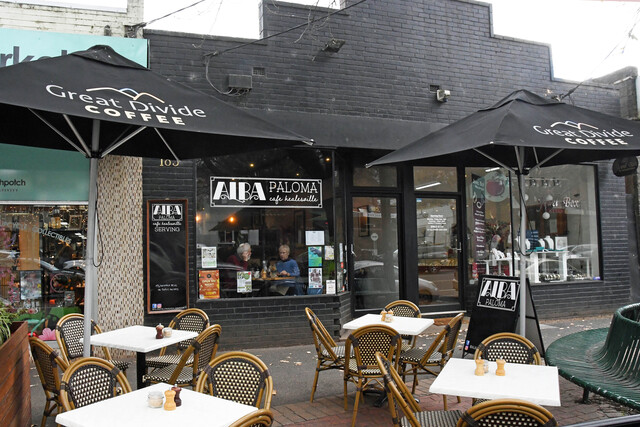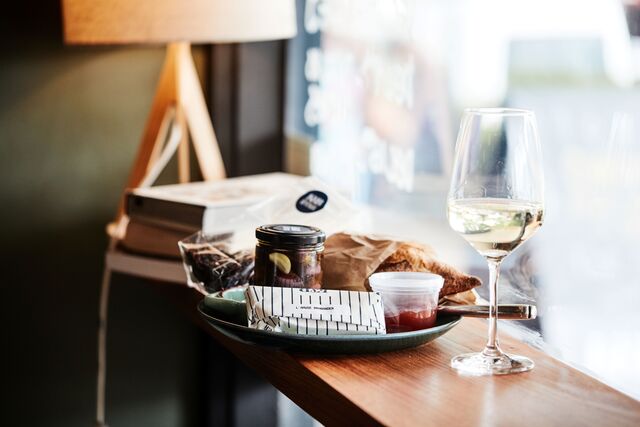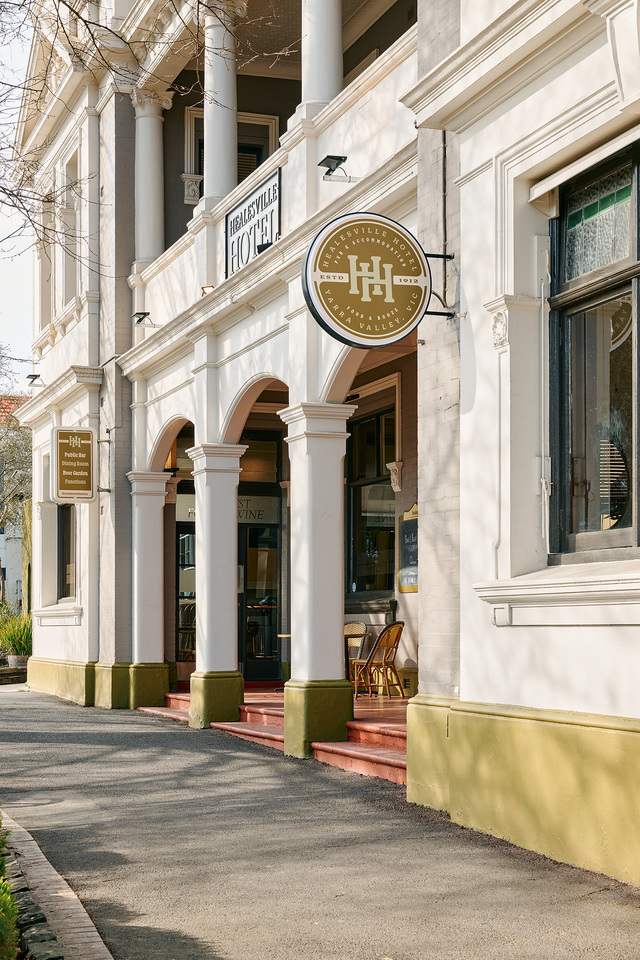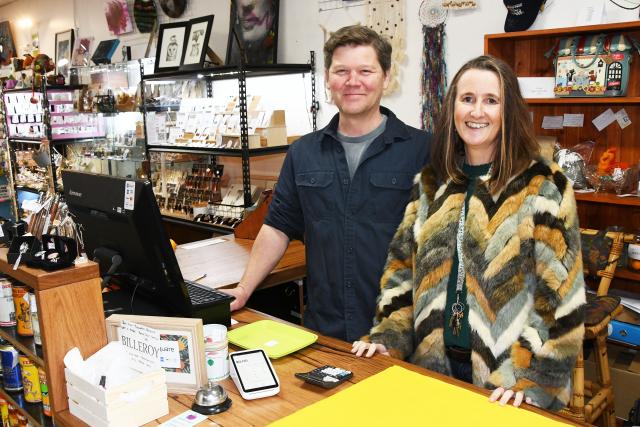By KATH GANNAWAY
BOTH Yarra Glen and Marysville Men’s Sheds rose out of the ashes of Black Saturday.
Men needed somewhere to go, something to do, someone to talk to.
The fires were always on the agenda but there’s more to the sheds than the fires according to the men who have steered their development.
As with many of the services that have come out of the 2009 fires, the need was always there.
Yarra Glen member Dr Gavan Oakley says their shed was built to help men communicate with one another and there’s no denying the traumatic experience of five years ago is part of that.
Dave Harrison, a Marysville shed member, says the Men’s Shed culture has given men permission to ‘talk about things’.
‘Things’ could be suicides, marriage break-ups, post-traumatic stress, survivor guilt, loss of jobs, businesses, the deaths of close friends, and in some cases family.
They’re all big and real issues related to Black Saturday, but there are ‘things’ not related such as loneliness, the loss of a partner, dementia.
Yarra Glen Men’s Shed president George Miller said his experience was that most of his members were getting on with life post Black Saturday and their concerns were the same as those shared by many men.
“We had a mental health forum about a year ago and we envisaged we would have sit down talks with blokes about the fires, but it really hasn’t happened,” he said. “We get more of ‘my wife has passed away’ or has dementia and they are looking for companionship.”
Dr Oakley agrees.
“It’s not overt. People have the chance to talk about it, but rather than say we’re helping people whose houses burnt down, we’re saying we’re here to help people who were put under the pump by the whole traumatic exercise,” he said.
Men in retirement are a core group who may have lost long-term work contacts and benefit from the camaraderie as well as contributing in terms of sharing their expertise.
“When men knock around with other men they have to get themselves presentable and get up off the couch.
“Loneliness is a bigger killer than anything else,” Dr Oakley said.
In Marysville there is no doubt the shed was set up to deal with the direct fallout from the fires.
“Fellows were at a bit of a lose end, not necessarily coping and they tended to keep it in a bit more than the women.
“There were lots of groups around for the women, not so much for the men,” Dave Harrison says.
He says while largely men are coping and have moved on, for many the issues have evolved.
For some relationships that survived the initial trauma are starting to crack and employment and rebuilding businesses has, in many cases, hit a brick wall.
In that respect the role of the men’s shed is far from over and he believes it’s a model that will continue to empower men – overtly or otherwise.
Men are talking more and, in what he says is a reflection of the broader community, taking more of an interest in each other’s welfare.
“I’ve gone and seen guys in hospital and probably I wouldn’t have done that before the fire, and before the shed, but now we’re closer,” he said.

